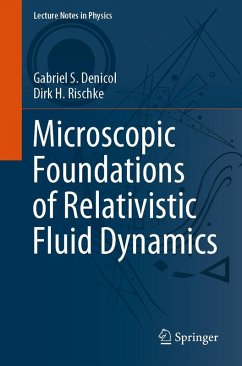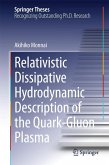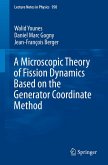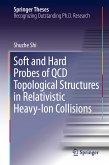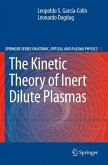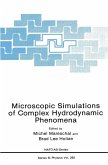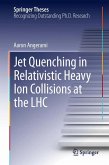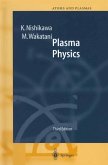This book provides an introduction to relativistic dissipative fluid dynamics, with particular emphasis on its derivation from microscopic transport theory. After a phenomenological derivation of relativistic dissipative fluid dynamics from the second law of thermodynamics, the intrinsic instabilities of relativistic Navier-Stokes theory are discussed. In turn, analytical solutions of relativistic dissipative fluid dynamics are presented. Following, the authors discuss several theories and approaches to derive transport coefficients in dissipative fluid dynamics such as the Chapman-Enskog theory, the theory of Israel and Stewart, and a more recent derivation of relativistic dissipative fluid dynamics based on kinetic theory, which constitutes the main focus of the second part of this book.
This book is intended for advanced graduate students and researchers in physics and requires basic knowledge of the theory of special and general relativity. It should be of particularinterest to researchers that apply relativistic fluid dynamics in cosmology, astrophysics, and high-energy nuclear physics.
This book is intended for advanced graduate students and researchers in physics and requires basic knowledge of the theory of special and general relativity. It should be of particularinterest to researchers that apply relativistic fluid dynamics in cosmology, astrophysics, and high-energy nuclear physics.
Dieser Download kann aus rechtlichen Gründen nur mit Rechnungsadresse in A, B, BG, CY, CZ, D, DK, EW, E, FIN, F, GR, HR, H, IRL, I, LT, L, LR, M, NL, PL, P, R, S, SLO, SK ausgeliefert werden.

